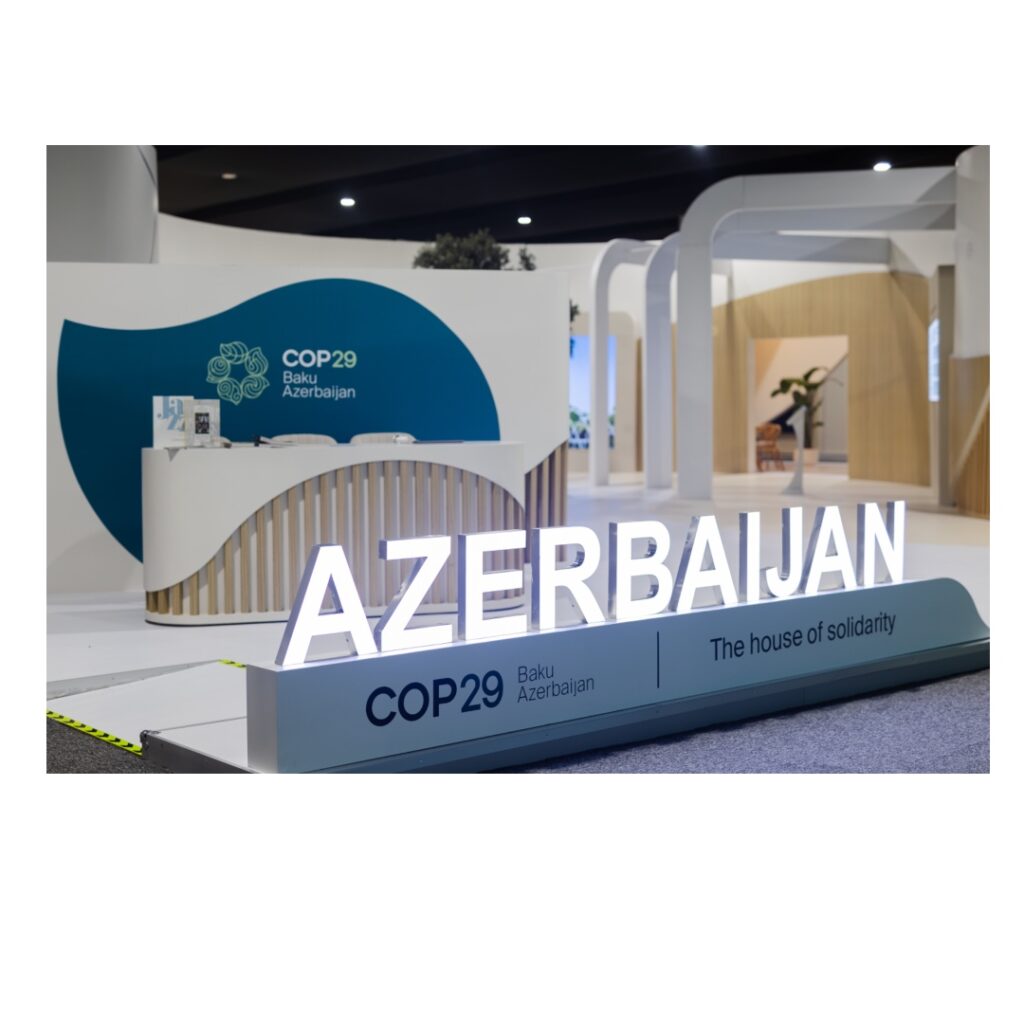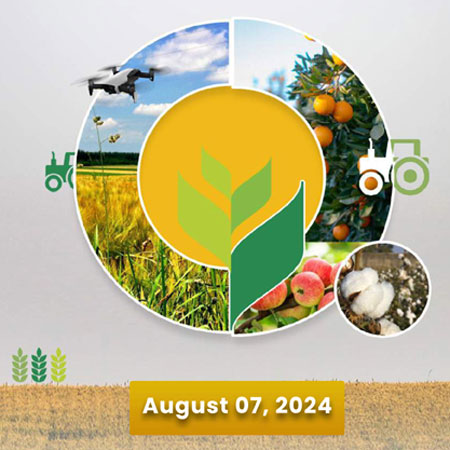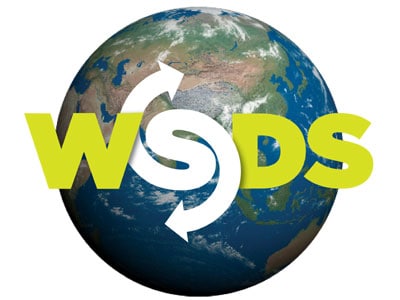

As COP29 enters its second day, the high-stakes climate finance negotiations continue to dominate discussions, with the G77+China bloc taking a firm stance on the proposed climate finance goal (NCQG). At the heart of these discussions is a call for $1.3 trillion per year in climate finance, focusing on the needs of developing countries to address the interconnected crises of adaptation, mitigation, and loss and damage.
G77+China’s Demands and Rejection of NCQG Text
The G77+China, representing 80% of the world’s population, has made its position clear: the current draft text on the NCQG is unacceptable. They argue that it is imbalanced, inequitable, and inadequate for addressing the global climate crisis. The coalition insists on a framework that ensures at least $1.3 trillion annually from developed to developing countries, with clear provisions for adaptation, mitigation, and loss and damage, all of which are crucial for the Global South to cope with the climate emergency.
Rebecca Thissen, Global Advocacy Lead for Climate Action Network International, underscored the significance of these negotiations, stating, “The climate finance goal, known as the NCQG, is the critical issue of the COP and will determine the future of the Paris Agreement. Therefore, we can’t accept to start the negotiations from an unbalanced and inequitable basis.” Thissen pointed out that the G77’s call for $1.3 trillion is not just a figure but an urgent necessity to support developing nations, which are already struggling under the weight of an unprecedented debt crisis and climate-induced disasters.
The G77 also emphasised that climate finance must be new, additional, predictable, adequate, affordable, grant-based, and concessional, and not tied to debt-inducing mechanisms or non-concessional loans. The bloc rejects any attempt to shift the financial obligations of developed countries onto the developing world. Furthermore, they have called for a floor on the allocations for Least Developed Countries (LDCs) and Small Island Developing States (SIDS), demanding a $230 billion per year minimum for LDCs and $39 billion per year in grants for SIDS, a significant increase from the amounts received in 2022.
The Role of Developed Countries and the Need for Reprioritisation
During the opening speeches, world leaders made it clear that the goal of reaching an ambitious climate finance agreement must be at the center of COP29. The calls for trillions, not millions, echoed through the halls of the conference, with many leaders underscoring the stark contrast between the resources funneled into military spending and the paltry sums allocated to addressing climate change.
UK Prime Minister Keir Starmer highlighted his country’s commitment to reducing greenhouse gas emissions to 81% below 1990 levels by 2035 and to transitioning to 100% clean power by 2030 as part of the Global Clean Power Alliance. Starmer stressed that climate finance must be treated as a priority, noting that the world could not afford to continue with “business as usual” while nations on the frontlines of climate disaster suffer the consequences.
Azerbaijan’s President Ilham Aliyev, however, took aim at what he called the hypocrisy of Western media narratives, calling out the discrepancy between the coverage of Azerbaijan’s fossil fuel output and the far higher emissions of countries like the US. Aliyev pointed out that the US produces 30 times more fossil fuels than Azerbaijan, a comment that stoked further debates on the inequities of global climate governance.
Negotiation Dynamics: The NCQG Debate
Within the negotiations, key players voiced their positions on the text under discussion. The Africa Group and Least Developed Countries (LDCs) echoed the G77’s demands for higher finance floors. The African Group also called for greater debt forgiveness and for the mobilisation ratio to increase, while LDCs specifically requested a $230 billion annual floor for their needs, an ambitious ask given that LDCs only received $21.2 billion in 2022.
The Alliance of Small Island States (AOSIS) also made a bold ask, requesting $39 billion per year for SIDS in grant-equivalent terms, which would represent a 12x increase compared to the $3.2 billion received in 2022. These demands reflect the urgent and escalating challenges that SIDS face, from rising sea levels to extreme weather events.
The Arab Group, while supporting the G77’s position on several points, remained firm that nothing should be agreed until everything is agreed, warning against the expansion of the contributor base to include nations outside the scope of the Paris Agreement, and rejecting any dilution of the financial commitments.
Developed Countries Respond: UK, Switzerland, and Norway
The UK showed alignment with the G77 on the need for ambitious targets, cautioning against the use of unnecessary brackets in the text, and emphasising that the NCQG should be more than a numerical target; it must have a real impact on global climate financing. The UK also reiterated the importance of focusing on issues like quality, debt, and conditions for accessing loans, areas where progress can be made without waiting for the final text.
Norway expressed a desire to build on the three years of work that had already been invested into the negotiations, urging that the framework should focus on context, access, and transparency to ensure that finance flows to developing countries in a meaningful way. Norway also highlighted the need to steer investment towards climate innovation and to keep a focus on sustainable finance, warning against treating the NCQG as an isolated issue.
Switzerland’s Environmental Integrity Group (EIG) echoed similar concerns, stressing that capacity building and technology transfer are essential to increasing the absorption capacity of developing countries. EIG also urged that sustainability should be incorporated more strongly into the text, though they acknowledged that the existing draft was imperfect.
The US and COP29: An Ongoing Debate
Amidst these discussions, the Union of Concerned Scientists reaffirmed its expectations for the Biden administration to take bold leadership despite internal political challenges. Rachel Cleetus, Policy Director for the organization, remarked, “Countries should not hide behind the US election outcome not to do the right thing, because everybody knows what’s needed right now to secure our climate goals.” She called on the US to continue pushing for ambitious climate action and to drive the international negotiations forward.
Kelly Stone, Senior Policy Analyst for ActionAid USA, further emphasized that the Paris Agreement transcends any single country’s leadership. “The Paris Agreement is bigger than one country, and we cannot allow the incoming administration to take a wrecking ball to the agreement,” she warned, highlighting the importance of maintaining momentum on the climate agenda.
India’s Absence: A Shift in the Agenda?
The absence of Indian Prime Minister Narendra Modi at the Heads of State Summit at the start of COP29 has raised some eyebrows, but R. R. Rashmi, Distinguished Fellow at TERI, reminded observers that such absences were not unusual and were a reflection of the more technical nature of this year’s discussions. Rashmi noted that India’s participation would likely ramp up in the second week when ministerial-level negotiations would take center stage. He indicated that India’s focus at this COP would likely be on finance, where the discussions are centered around the fairness and equity of climate finance flows.
The Road Ahead
As COP29 progresses, the core debate over climate finance will likely define the outcome of the summit. With G77+China pushing for a trillion-dollar commitment to tackle adaptation, mitigation, and loss and damage, the stage is set for high-level negotiations on the future of climate finance—an issue that will have lasting consequences for the global effort to combat climate change.











